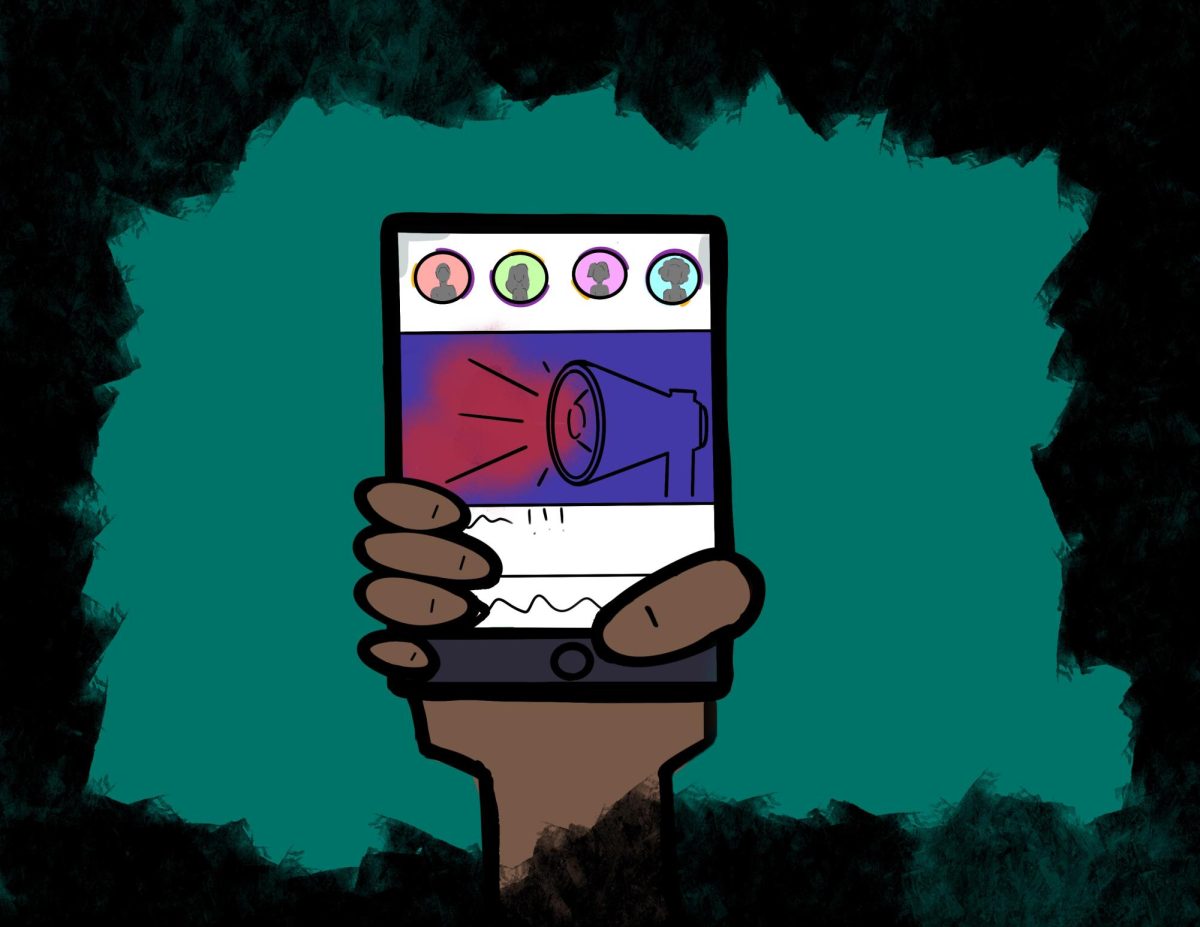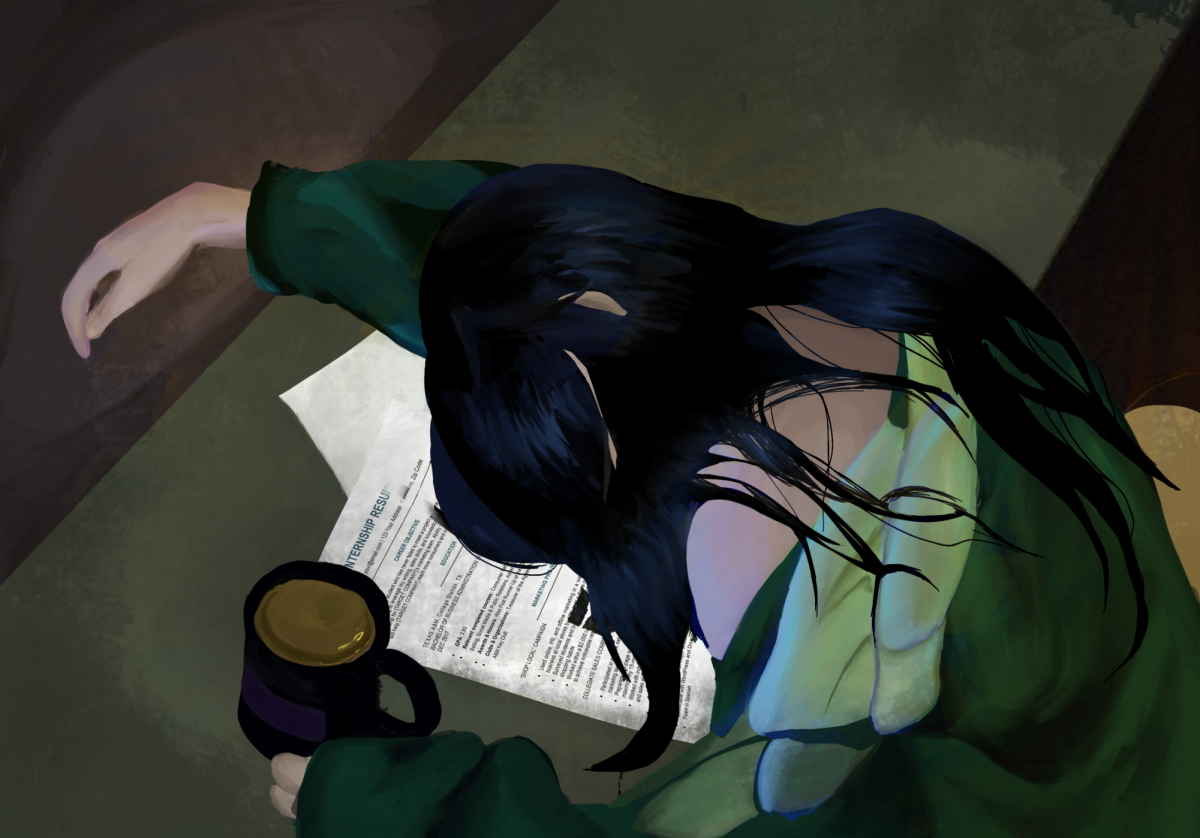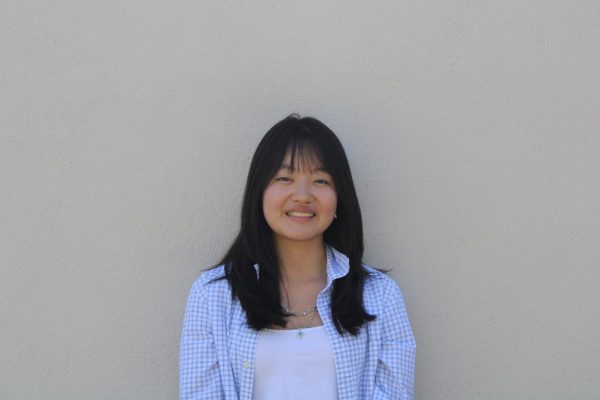Although the Campo curriculum is well-rounded and competitive with its numerous AP classes and selection of unique elective options, one thing seems to be lacking in students’ education: emphasis on current events.
In the past, there have been elective classes founded on the basis of providing more modern-day context to history, such as the Contemporary Issues and Public Policy class. At present, U.S. History focuses on themes that are prevalent in global developments today, while AP Human Geography covers more up-to-date trends in population, culture, and cartography. Unfortunately, however, the majority of Campo classes in the humanities department do not stress current events enough, and it is up to students to seek out the news on their own time.
Junior Sean Petierre takes this to heart in particular: “I look at current events all the time…a lot of it comes from YouTube, a lot of it comes from the news, like on TV. I [take it with a grain] of salt, though; just because it’s a website doesn’t mean it’s true.” While Petierre’s cautious attitude has been well emphasized to students in the past, in terms of conducting research for an assignment or project, it’s rarely used for current events. Petierre also mentioned his other sources as he explained his interest in present-day news: “Sometimes I look at the war in Ukraine, like how the front line changes and what Ukraine and Russia are both doing…Sometimes I look up the election and what certain candidates are doing. There are lots of channels that go into depth about what’s happening in the war in Ukraine and changes in tactics or something big happening.”
Similarly, social studies teacher Paul Verbanszky checks current events every day during his spare time, especially geopolitical news and, occasionally, entertainment news. “I check the New York Times, CNN, BBC, [just] a variety of sources. I don’t have social media, so I don’t look at that for news,” he explained. When asked about his opinion on current events in education, since this is relevant to his style of teaching, Mr. Verbanszky stated, “I think it depends on the class…some classes lend themselves more to talk about current events. I try to as much as I can…everything’s connected in history.”
Meanwhile, junior Asha Spitzer, who shared her interest in U.S. political proceedings when she scours the news, discussed how current events have impacted her school life. “I think, especially in AP Human Geography, there’s a lot of talk about current events, and I feel like my teacher, Ms. Denny, discusses a lot of current events that are located not only in the U.S. but globally,” she said. “We had a conversation about the Darien Gap, which is a migration happening in Venezuela, and we’re also talking about migrants from all over the world right now, which are relevant topics that are less focused on the U.S.”
“I think, being in Moraga, people can sometimes forget about what’s going on outside of this community,” Petierre said. “It’s important to note that just because we’re doing fine in one spot, people are not doing okay in another area.”
Verbanszky and Spitzer agreed with the issue of students needing to become more aware emphatically. Verbanszky said “You have to be a good global citizen, you have to understand what’s happening in the world now and what led up to that.” Spitzer says “I think it’s important for people to be aware of current events, and I feel like I was less aware of current events before coming into some of the classes I am in now this year.”
Discussing current events can lead to the same benefits of raising a hand or working on group projects; more social interaction with others who share similar or contrasting views. By spreading awareness of the events that are constantly occurring outside of Campo, and overall becoming a more informed student, these discussions will prove to be more beneficial as a result of current events being emphasized more in education.


